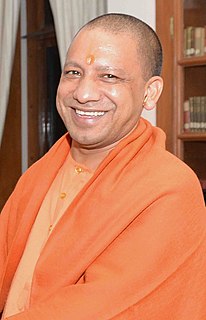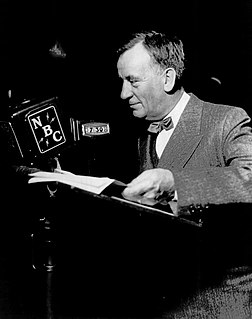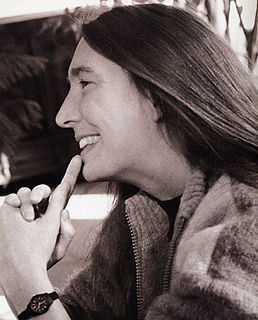A Quote by Thomas Paine
And as to you, Sir, treacherous in private friendship and a hypocrite in public life, the world will be puzzled to decide whether you are an apostate or an impostor; whether you have abandoned good principles, or whether you ever had any.
Quote Topics
Related Quotes
For no phase of life, whether public or private, whether in business or in the home, whether one is working on what concerns oneself alone or dealing with another, can be without its moral duty; on the discharge of such duties depends all that is morally right, and on their neglect all that is morally wrong in life.
Potential does not always ensure success. The greatest players have not always been the most endowed. In athletics, we often hear the phrase, "He has the will to win". I think this is wrong. We can have the greatest will to do well. But unless we have prepared, it is of little use. Really, it should be the "will to prepare". Those who succeed have this will, whether it be in athletics, whether it be in school, whether it be in their chosen vocation, whether it be on a mission, or in almost any other phase of their life.
Whether it is good or evil, whether life in itself is pain or pleasure, whether it is uncertain-that it may perhaps be this is not important-but the unity of the world, the coherence of all events, the embracing of the big and the small from the same stream, from the same law of cause, of becoming and dying.
One question you ask as a writer or any kind of artist when you start making something is, 'Does this have reason to exist in the world?' And you're reassured when you get little confirmations that people are pleased it did exist - whether they buy a ticket, whether it gets good reviews, whether it transfers.
Successful democratic politicians are insecure and intimidated men. They advance politically only as they placate, appease, bribe, seduce, bamboozle, or otherwise manage to manipulate the demanding and threatening elements in their constituencies. The decisive consideration is not whether the proposition is good but whether it is popular -- not whether it will work well and prove itself but whether the active talking constituents like it immediately. Politicians rationalize this servitude by saying that in a democracy public men are the servants of the people.




































